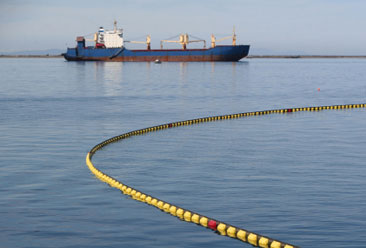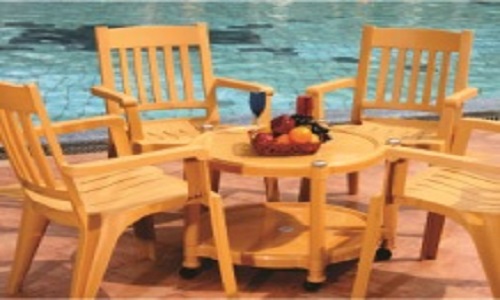 Germany-based BASF is in collaboration with Turkish automobile parts supplier Teklas to produce hollow plastics
Germany-based BASF is in collaboration with Turkish automobile parts supplier Teklas to produce hollow plastics
parts with water-assisted injection molding technology (WIT), the company said on November 21.
As stated, BASF specifically developed the Ultramid A3HG6 WIT for Teklas, which offers good inside and outside surfaces and has high chemical resistance. This glass fiber reinforced polyamide 66 grade allows the new tubes to provide individual conveying of cooling water, air and oil in the engine compartment.
In addition to resistance to the fluid being conveyed, a low pressure drop is one of the primary requirements that fluid-conveying tubes in the engine compartment must satisfy. Thus, the inside surfaces have to be especially smooth. For the parts to be economical, the wall thickness must be uniform and as thin as possible. Just as the number of car models continues to increase, so do the constraints within the engine compartment, so that maximum design freedom and flexibility for the manufacturing process is essential in each individual solutions.
According to BASF, by using the latest WIT injection molding technology, Teklas is able to manufacture a variety of tube shapes and combinations with different wall thicknesses and great complexity. Use of plastic tubes in place of the heavier metal tubes results not only in weight savings, but also in lesser investment costs needed for expensive metal working equipment.
BASF added that Teklas’ production in Bulgaria is highly automatic. The numerous finishing steps that are needed in the course of manufacturing the tubes, e.g. cutting and sanding, incorporation of metal rings or TPE elastomer seals, are performed by robots to achieve a low reject rate.
Source : http://www.adsalecprj.com






